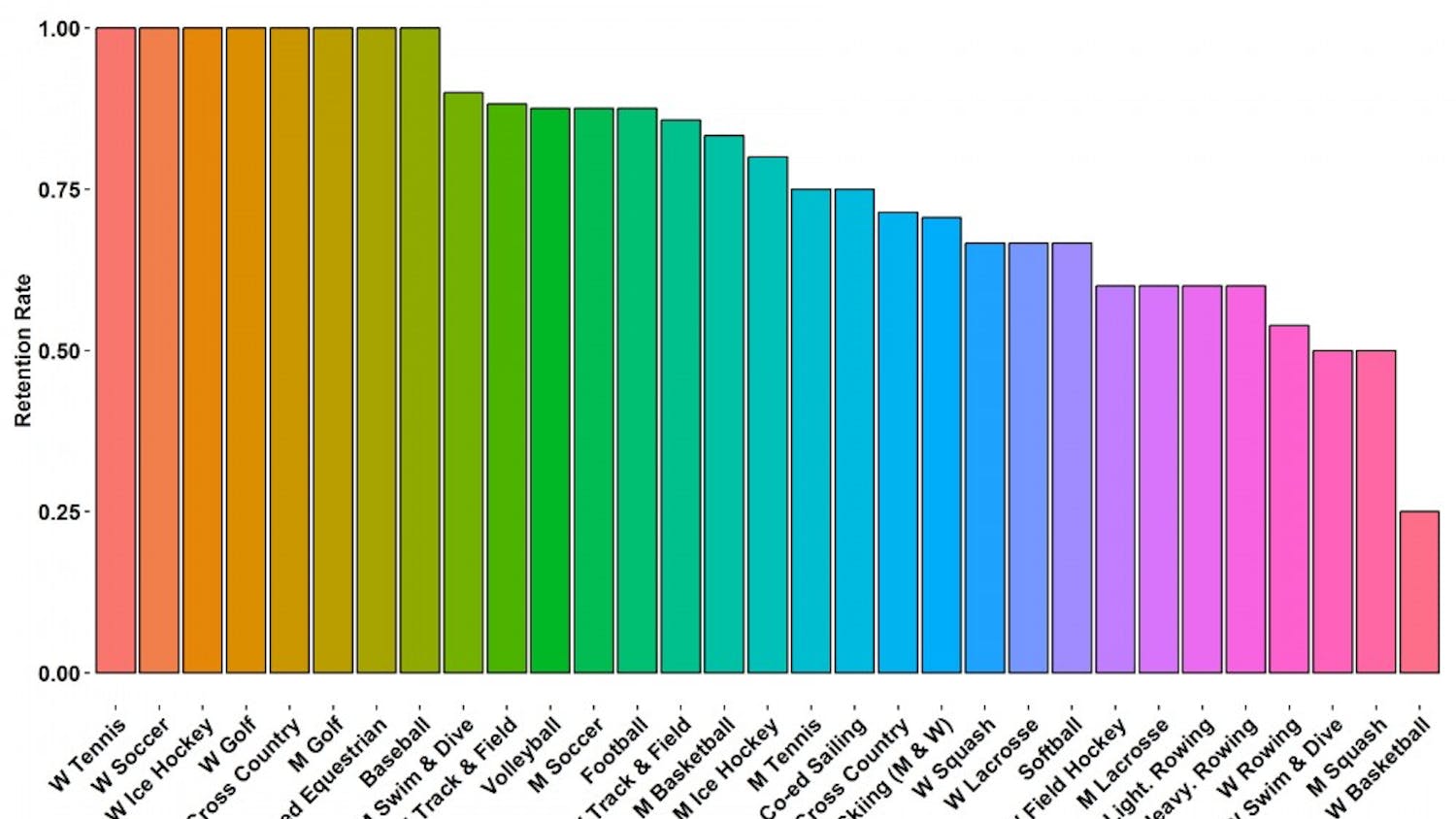In a 2008 article in The Atlantic titled, “Is Google Making Us Stupid?” Nicholas Carr warned that technology was not just influencing the thoughts that human beings are having, but also the way in which human beings are thinking. Carr argued that our use of search engines like Google have severely degraded our ability to read deeply ever since we stopped reading books and newspapers as much as we read online articles with countless distractions such as hyperlinks and advertisements.
Technology is no longer just expanding what we can do — it is also impacting the way we do those things in a potentially negative way. This is especially true in terms of the influence of group chats on the fluidity of our social lives.
Social media has allowed us to stay in touch with people from across the globe in ways that we never could have before, increasing our ability to connect. However, the prevalence of named group chats in the past few years has decreased our ability to connect with people outside of our inner circles.
On the macro level, technology makes social interactions more fluid. However, within a community such as a college campus, group chats represent a form of technology that actually makes us more divided as the list of names compiled online inform the names and faces that sit together at dinner every night or go out together every weekend. These group chats on our phones are increasing the prevalence of cliques and exclusion in the real world. There is a new kind of exclusivity to a group chat, where any person can remove anyone else at any given time — and once that person gets kicked out, all that is left is a digital representation of what used to be a real-life friendship.
The establishment of a named group chat, especially during college, completely changes the way we interact with others on our phones. Chats with names like “PB&J” might keep us in touch with our friends from back home, while others such as “Thicc Boiz” may have been created the first week of freshman year, yet have stuck to this day. These are just two examples from my own life. My best friends are in a group chat with my other best friends. I love my friends, and I am extremely grateful for the technology that has brought us closer together through a platform to casually communicate at all times. However, such group chats make me wonder about the phone numbers that didn’t make the cut: the friends that I barely know now because they didn’t sit with us at Foco on the fateful day when the “Thicc Boiz” first assembled.
The group chat strengthens, but shrinks, our social networks. For those included, it sets up what could be a lifetime of friendship, while others are left out (or, God forbid, removed) from the structure upon which that friendship now relies. People who get left out of group chats get less social interaction with members than they did before, while people in them get far more. In addition, from my own experience, one person can only realistically keep up with two to three group chats religiously, depending on their size. So group chats not only dictate the size of our groups of friends, but also the number of social groups that we interact with.
I am not arguing against the group chat. However, I want to frame this column as a kind of warning that technology familiarizes the human mind to the concept of exclusion on a daily basis. Once we feel comfortable with acting in an exclusionary way online, it could be entirely possible that we will begin to try that exclusion out in the real world by largely interacting with only people whose numbers appear on a particular list in our phones. Online interaction has the ability to be far more exclusive than that of in-person interaction. If technology has the power to impact how we think, it also has the power to impact how we organize socially. For example, none of my friends have androids, because I simply cannot stomach a group text whose messages are green. Technology, then, can influence who we add to our group chats and, by extension, our social circles.
Although I say that in a lighthearted way, the realization that some of life’s most meaningful interactions can be dictated by the technology that we use is a frightening one. With this technology at the center of our daily lives, we should be cognizant of how this technology influences our social interactions. Though it can connect us, it ought not limit us.



